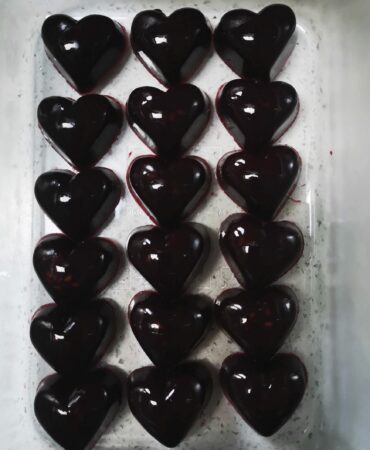Currently Empty: £0.00

Herb of the Month: June 2021
Choosing a herb for Herb of the Month in June is tricky. It would hardly be a stretch to say that it’s like standing a child in a sweet shop and asking them to pick just one sweet out of the endless number of jars filled with sweets of all colours, tastes, and smells. Exchange sweets for all the marvellous herbs in season right now, and you have the same painful indecision in a grown adult. To help the decision, I took a walk around my local area. Over and over again I was met with a cloud of heady sweet Elderflower scent that caused my posture to straighten, and my head and eyes to dart around searching for the origin in a manner not too dissimilar to a meerkat.
It was suddenly clear, Elderflower had to be our herb for June.
Written by Ghislaine Howard, with contributions from Harry Darby
Last August, Helen, wrote a fantastic blog on the history of the Elder Tree. Did you know that Elderberries were consumed by Neolithic peoples? Herb Histories: Elderberries – Magic, Music and Medicine, in which Helen describes the traditional and modern uses of Elderberries is still available to read here.
Due to its use as a cordial, in sweets and often in gin, Elderflower is a popular thing to consume. I imagine that it was the same for many of you that your first try of Elderflower was in Elderflower Cordial. As a young child, a childminder would gather myself and other children around a chopping board and a large bowl, each of us armed with a different utensil, we’d get to work making elderflower cordial.
Recipe:
25 heads of elderflower
3lb sugar
3 pints water
20g citric acid
lemons & oranges to your liking
Place all the ingredients in a large pan, heat to dissolve the sugar, and then leave for at least 24 hours. Strain (using muslin, or something fine at least to catch the small flower heads) and bottle (try reusing an empty wine bottle).
Elder is a native plant species and grows ubiquitously across the UK. It often appears in hedgerows along roadsides, canals, rivers, and wherever else it can take root really. In its hardiness, it becomes one of the easiest herbs to forage. If you’re going foraging, it’s worth remembering to double check the environment around the plant, to double check the law in your area, and to be respectful of the plant you’re cutting so as to never take too much. For some good advice on how, where and what to forage, have a read of ‘The Thrifty Forager’ by ex-Herb Society President, Alys Fowler.
At the Garden Museum’s HERBIVAL last weekend, a one-day festival about herbs, I met Harry Darby of the Gimlet Bar, a London based producer of cocktails, cordials, vinegars and ciders with a fantastic range of Elderflower beverages. To spruce up your simple non-alcoholic elderflower cordial, Harry recommends adding lemon juice, equal quantities of tonic and sparkling water, a dash of grapefruit bitters with a sprig of rosemary as garnish.
Traditional cordial recipes from the mid 20th century onwards often specify citric acid. This adds a tangy acidity to the cordial and also helps it to keep it its colour. If you want to try something different, Harry recommends you try adding more lemon juice, or even a good cider or white wine vinegar instead. This will make for a more grown up, shrub-like flavour perhaps more akin to the sort of thing Granny Wallon would have made in Cider with Rosie.
As well as cordial, Gimlet Bar also produce a range of unusual vinegars, including Pineapple, Lemon, Orange, and Elderberry as well as Elderflower. The vinegar marries the elderflower sweetness with tang and is great splashed over fish or used to lift vegetables.
If you want to tame the native Elder and have it in your garden, it will grow in a number of soil types including clay, chalk, humus-rich and sandy soils. Elder seeds are hard to come by so it’s easier to grow by propagation. It will thrive in both full sun and partial shade, and you can give it a hard pruning in order to contain its size and bushiness.
Whether you choose to forage or cultivate, favour cordial or vinegar, as Sara often says, experimentation is the best ingredient to go with your herbs!
To find out more about Gimlet Bar, visit their website and online shop https://gimlet-bar.com/online-shop/. If you are planning an event they also run a bar hire service. Don’t forget to follow them on Instagram @gimletbar.
Previous June Herbs of the Month
2020 Basil written by Sara Dixon, Hawkwell Herbs




